Description
Kantor shares with his fellow Central and Eastern European poets the destiny of being, unavoidably, a political poet of sorts. The past, as he admits in his long, historically-infused poem, Ancestors, hangs from me. And yet his politics…is pervasively an antipolitics, a politics that stands back and observes with a cold, knowing, and bemused eye the vagaries and quotidian comi-tragedies of private life as it attempts to cope with and navigate the conundrums of public events and ideologies. A smoker, a Hungarian, a nervous, often sleepless, man who is, at the same time, a poet of rivers and trees, Kantor, as he himself says, “takes it all into account” the comedy, the tragedy, the pathos, the need for human warmth and connection, all the vagaries and cruelties of history and men notwithstanding….As exemplified by the deeply moving, yet tactfully restrained, elegy for his deceased father, Between Margaret Bridge and Arpad Bridge, neither Kantor’s repertoire nor his sensibility are limited to the ironic forms so often thoughtlessly associated with Central and Eastern Europeans….Across all cultures and rivers, across all systems and divides, they go by the same, rarely achieved, name: poetry.
Peter Kantor, one of Hungary’s leading poets, was born in Budapest in l949. Former poetry editor of the most prestigious Hungarian weekly, Ãlet Ãs Irodalom (Life and Literature), he is the author of thirteen books of poems, including Learning to Live, his Selected Poems, published in 2009. Among his numerous awards in Hungary are the highly prestigious Laurel Wreath (2007), Palladium (2009), the Vas Istvan Prize (2005), the Jozsef Attila Prize (1994), the Fast Milan Award (1993), the Dary Prize (1991), as well as two Soros Fellowships and a Fulbright Fellowship to New York in l991-1992. He has read his work at poetry festivals throughout the world, including Struga, Prague, Rotterdam, Toronto, Malma, London, Bremen, Durban and Jerusalem. He himself is also a frequent translator of English-language poets, including Delmore Schwartz, Frank O Hara, Robert Bly, Peter Porter, Douglas Dunn and Paul Muldoon, as well as of classical and early twentieth century Russian poets and prose writers, including Pushkin, Mandelstam, Akhmatova, Bulgakov, Remizov, Pilnyak.

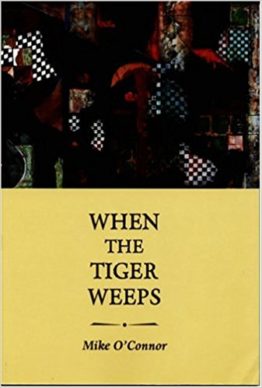
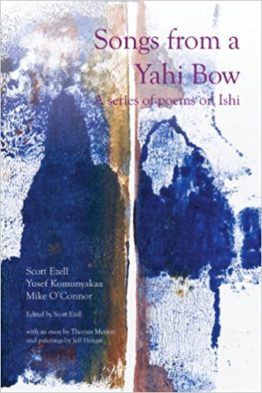
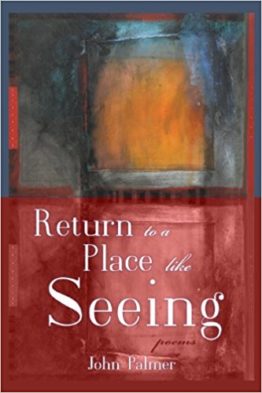
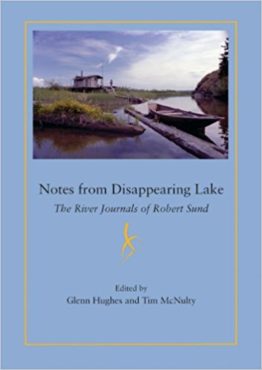
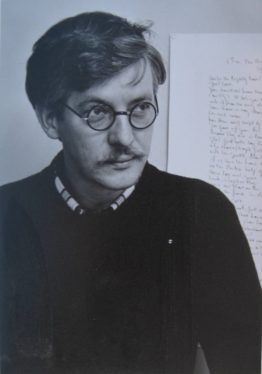
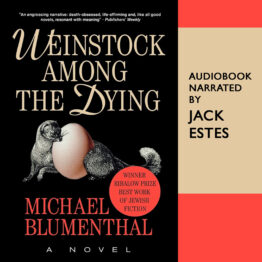
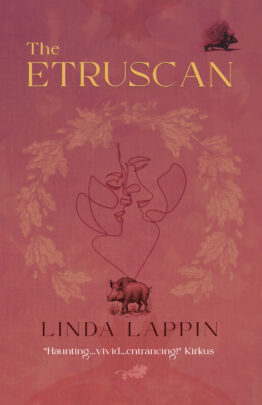
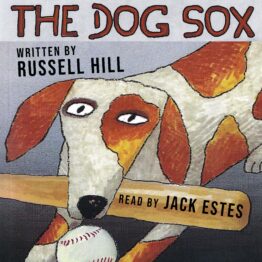
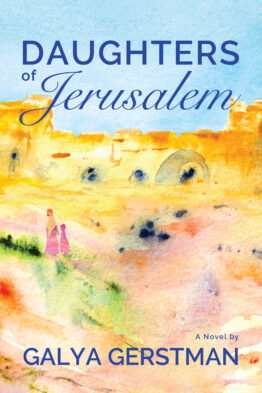
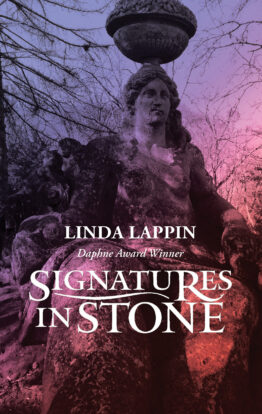
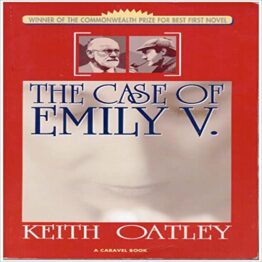
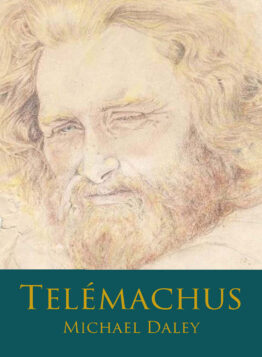
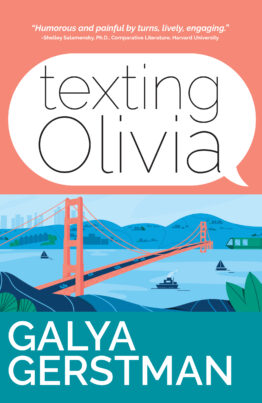

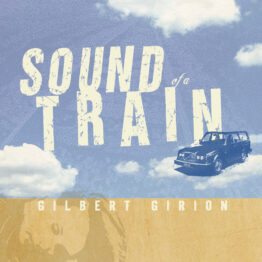
Parti Nagy Lajos, Hungarian poet –
Peter Kantor writes about the smallest things and the greatest things within each other and through each other, side by side. Together with his wryness (mordancy) and cleverness (wisdom), he produces a passionate, elementary poetry; all of a sudden there is the poem, self evident significance given to dust, to certain walls that move into a teardrop, from which the eyesight (seeing) grows dim.
Darvasi Laszla, Hungarian fiction writer –
In Peter Kantor, we receive both an informal voice as well as great and unparalleled poetry.